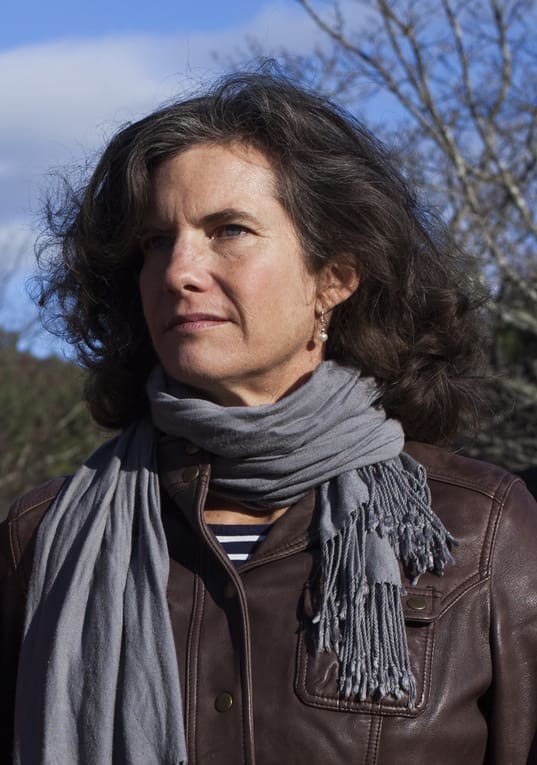Dr. Felicia Keesing joined our Life Saves the Planet lecture series to discuss biodiversity loss and its impacts on health. As a biologist at Bard College, Keesing studies the consequences of interactions among species, particularly as biodiversity declines. She described what we know about the sources of new human diseases, and the potentially surprising role of biodiversity loss in fueling new outbreaks.
If you couldn’t join for the discussion live on October 18, you can tune into the recording, which will be posted shortly on our GBH page.
COVID-19 is one of hundreds of infectious diseases of humans that have emerged in the past 75 years. Many of these diseases have something in common — they are “zoonotic”, meaning that they are caused by pathogens that can be shared between humans and other vertebrate animals. But does this mean that animals are dangerous to us? Do areas rich in wildlife diversity serve as hotspots for disease emergence, and if so, what should we do about it? Keesing will describe what we know about the sources of new human diseases, and the surprising role of biodiversity loss in fueling new outbreaks.

